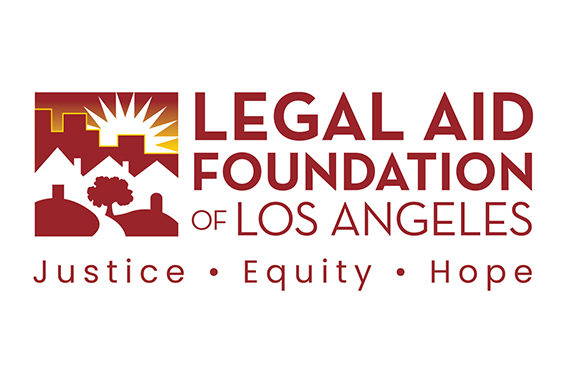WASHINGTON — Representatives from the Legal Aid Foundation of Los Angeles and the National Consumer Law Center provided testimony today before the U.S. House of Representatives Subcommittee on Higher Education and Workforce Investment — offering perspectives on improving the federal loan discharge process for borrowers harmed by sudden school closures.
“The [U.S. Department of Education’s] failure to provide widespread and automatic closed school discharges to these borrowers has systematically removed wealth from economically disadvantaged families and communities, including communities of color, through the collection of burdensome and invalid debt, often through seizures of wages, tax refunds, and federal benefits,” testified Robyn Smith, senior attorney at the Legal Aid Foundation of Los Angeles (LAFLA) and of counsel to the National Consumer Law Center.
An abrupt school closure wreaks havoc on students, many of whom have given up jobs and spent months or years working toward a now-unattainable diploma or degree. Additionally, when a for-profit school closes, the students typically cannot transfer those units, rendering the units worthless. Students face having to repay thousands of dollars in federal loans, and sometimes private loans, without having earned any credits. Furthermore, many of these students are low-income and from the very communities most impacted by the COVID pandemic.
LAFLA client Karyn Rhodes provided testimony about her “thirty-year long journey with the Department of Education to get a closed school loan discharge” after her for-profit school abruptly closed in 1988. “Although, according to my legal aid lawyer, I was eligible for this discharge since 1994, I had never been invited to apply by my loan servicer or debt collectors, even when I explained my school had closed,” said Rhodes. “As a result, I experienced ruined credit and the constant threat of wage garnishment and tax refund offsets for debts that I should not have had to repay… This caused tremendous stress, and I felt the education system had failed me.”
Through the help of LAFLA, Ms. Rhodes received a student loan discharge in 2020, freeing herself and her family of $26,000 in debt. Her testimony sheds light on the hardships faced by low-income borrowers trying to further their prospects through higher education, only to come to the brink of financial ruin after their schools suddenly close: “My goal is to help anyone who is experiencing or has experienced a defaulted school loan as a result of a school closure,” said Ms. Rhodes.
A 1992 amendment to the Higher Education Act mandated the U.S. Department of Education issue loan discharges to student borrowers impacted by school closures, which began in 1994. However, “[m]ost borrowers, including some who have been struggling with debt for decades, have no idea that they are eligible for a discharge, while others have been unable to obtain a discharge without the assistance of an attorney,” Smith added. “It is time for the Department to finally comply with Congress’s mandate and grant all borrowers who are eligible for a closed school discharge, according to the Department’s records, automatic discharges without requiring applications.”
Ms. Smith concluded her testimony urging the Department of Education to:
- Grant automatic discharges to all borrowers who attended schools that have closed since January 1, 1986, and who are eligible based on the Department’s records;
- Send discharge information to all borrowers who were in attendance when their schools closed, as they may still be eligible for discharge even if they re-enrolled at another school; and
- Develop more accessible application procedures for all borrowers, including those with limited English proficiency.
###
About Legal Aid Foundation of Los Angeles — Legal Aid Foundation of Los Angeles (LAFLA) is a nonprofit law firm that seeks to achieve equal justice for people living in poverty across Greater Los Angeles. LAFLA changes lives through direct representation, systems change, and community empowerment. It has five offices in Los Angeles County, along with four Self-Help Legal Access Centers at area courthouses, and three domestic violence clinics to aid survivors.
About National Consumer Law Center® — The nonprofit National Consumer Law Center® (NCLC®) works for economic justice for low-income and other disadvantaged people in the U.S. through policy analysis and advocacy, publications, litigation, and training.

